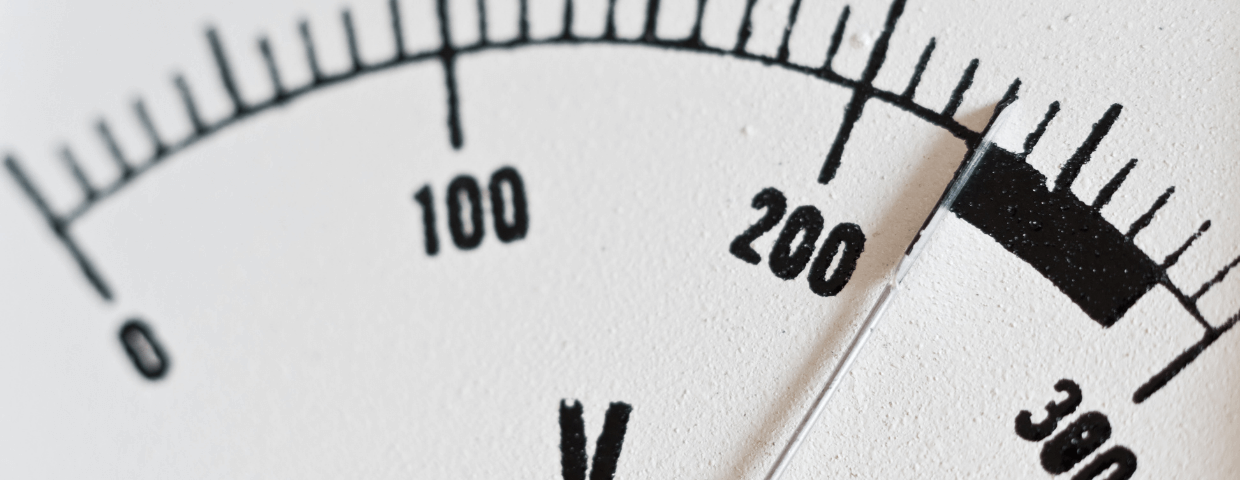If your product relies on electronic components and printed circuit boards (PCBs), then conformal coating is critical to ensuring optimal functionality, electric insulation, and protection from contaminants. There is a broad range of possible applications across aerospace, defense, automotive, medical, commercial, and other industries. All of these require top performing conformal coating to meet the demands of these innovative industries.
There are several types of conformal coatings, including acrylic, urethane,mylar, epoxy, and silicone, but paralyne’s unique electrical properties make it the best conformal coating when it comes to dielectrics. Parylene can stand up to high voltage without breaking down and compromising your electronics. Let’s explore how.
Dielectric Strength
Dielectric strength refers to the degree of resistance to dielectric breakdown under an applied amount of voltage. To come up with a precise measure, the breakdown voltage amount is divided by the thickness of the sample material in question. The higher the volts per unit thickness amount is, the more successful the material is at electric insulation. If the voltage is high enough, a given material will break down and conduct electricity, compromising the functionality and safety of the electronic application.
Products with circuit boards require enclosed systems to function properly, while keeping their coatings compact allows for smaller form factors—and greater innovation in the field of electronics. Ideally, your conformal coating should not only literally conform as compactly and evenly as possible, but should also sustain a high dielectric strength no matter what sort of variables occur in its environment.
In addition to withstanding high voltages, conformal coating also offers resistance against:
- chemicals and corrosives
- dust, dirt, and moisture
- physical shock or vibration
- extreme temperatures
- current leakage
Parylene is the superior conformal coating when it comes to protecting against breakdown voltage. Next, let’s get into some specifics on why this thin, highly conforming material is ideal for your electronic components and PCBs.
Why Parylene?
There are several different types of parylene, and each type has unique characteristics that qualify it for specific applications. For example, parylene is highly flexible, offering dry lubrication functions that eliminate friction and ensure that medical devices operate with ease.
The material can also stand up to radiation and sterilization, ensuring that medical devices don’t malfunction. Parylene is also resistant to discoloration and contamination, offering both aesthetic and health and safety features to the components to which it is applied. It is non-toxic to humans, chemically inert, biologically stable, and non-reactive to fluids and chemicals.
While its thinness is typically a strong draw, some applications may benefit from a thicker coating of this material. The thicker the layer applied, the more parylene can insulate against voltage and contaminants. Electricity blockage can be tailored to specific sections of an electronic component or PCB, allowing for innovation in virtually any field where it is introduced.
As for its thinness in application, parylene can coat and cover your surfaces molecule by molecule, ensuring a flexible, even, and consistent coating that protects even the smallest microchips and nanotechnology, right on up to high risk electronics with multiple integrated circuits and electronic components.
Certain types of parylene are also high performers in caustic environments, while others offer enhanced UV radiation protection.
No matter the application at hand, just ask—we have the experience needed to offer a superior solution to your conformal coating needs.


